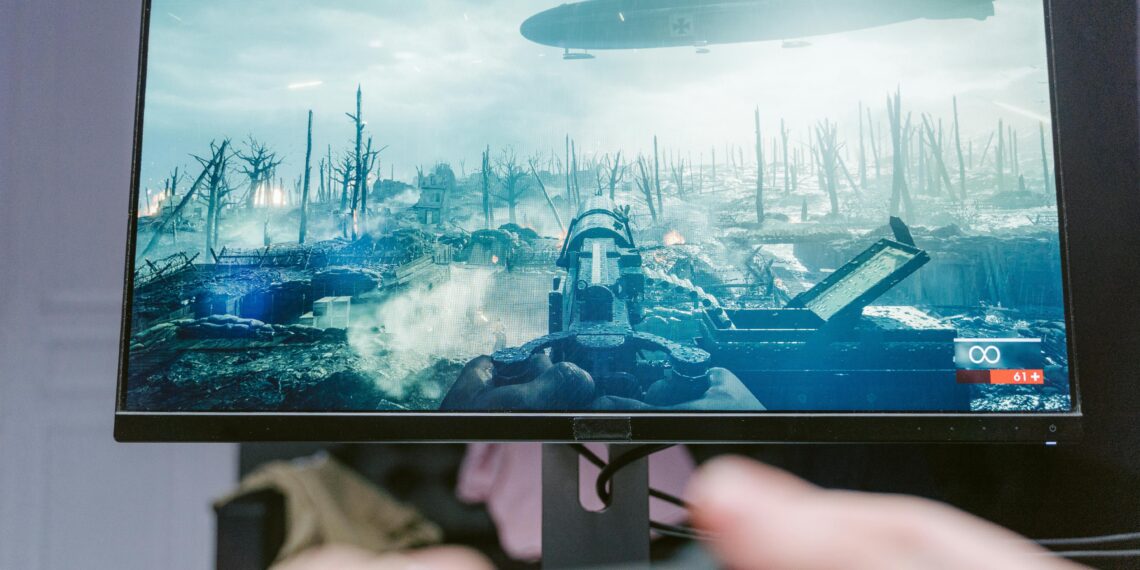Why We Built a Morality System Into an FPS
At the heart of Cost Of War lies a question we kept asking ourselves: “How do we make every bullet, every decision strike deeper than pixels on a screen?” It wasn’t enough for players to clear rooms or hit targets. We wanted each firefight to echo beyond recoil and muzzle flash, into moral territory often left unexplored in the genre. That’s why we built our Morality System—not as a gimmick, but as the very backbone of the narrative and gameplay integration.
Forging Authentic Conflict
From day one, our design philosophy centered on authenticity. We gathered veterans, journalists, and psychologists into roundtable discussions, mining real testimonies about decisions made under fire. In those sessions, we heard stories of hesitation at a checkpoint, of guilt after collateral damage, of the mental toll that lingers long after the mission debrief. These voices shaped our Morality System’s core tenets: choice, consequence, and reflection.
The system isn’t a binary scoreboard of “good” versus “evil.” Instead, we crafted a spectrum of moral ambiguity. Every time you hesitate to pull the trigger, spare an enemy combatant, or improvise medical aid for a civilian, you inch along that spectrum—unlocking nuanced narrative branches, audio logs, and character reflections that reverberate through subsequent missions.
Designing Weighty Decisions
Technically, we needed a framework that tracked choices without slowing the pace of combat. Our solution was a hidden “Morality Score” matrix that ingests context—are you in a crowded marketplace? Are hostiles surrendering? Is there an immediate threat to your squad? This context-driven scoring governs dynamic dialogue, mission objectives, and even changes to the environment.
In one early prototype, saving a wounded insurgent from a burning building unlocked a flashback sequence in the next chapter—where your character wrestles with the implications of sparing someone who might return to fight. That flashback was a breakthrough: it turned a single in-game action into a personal, emotional reckoning.
Weaving Morality Into Narrative Arcs
Story has always been our compass. We structured Cost Of War into four interlocking narratives, each led by a different protagonist with conflicting objectives and backgrounds. As their paths cross, the Morality System threads through every dialogue choice and combat scenario—reshaping alliances and igniting tensions.
In one mission, you lead an assault on a rebel hideout. A civilian family is held hostage inside. Do you breach immediately and risk collateral damage? Or do you negotiate, buying time but giving the enemy an avenue to regroup? Your choice ripples outward: friends commend your caution or question your courage, and the battle blueprint in the next mission is subtly altered.
The Player’s Inner Frontline
Combat adrenaline is a hallmark of any FPS—but in Cost Of War, we pivot that adrenaline into introspection. After each mission, you enter the “After Action Reflection” screen. Here, you see the raw numbers—civilians spared or lost, enemy combatants captured or killed—and your current Morality Score. But more importantly, you hear snippets of your character’s private thoughts, questioning decisions made under fire.
This design was born from a simple observation: players crave feedback, but they deserve more than pop-up achievements. They deserve to see the emotional ledger of their actions, to feel the weight of choices beyond XP points. Our early playtests confirmed that these reflections provoked real introspection—players paused mid-game and said, “I can’t believe I did that.”
Balancing Fun and Gravitas
Of course, we couldn’t sacrifice the visceral pulse of first-person combat. The challenge was to integrate moral complexity without bogging down the flow. Our answer came from modular mission design: combat sequences remain kinetic, while decision points are woven in as natural story beats—on the way into a firefight or during a lull in the chaos.
Visually, we sharpened that contrast. One moment, muzzle flashes illuminate blood-spattered walls. The next, a hand reaches out—not to squeeze the trigger, but to offer aid. It’s in those visual juxtapositions that the Morality System feels organic, never tacked on.
Lessons Learned and The Road Ahead
Implementing a Morality System in an FPS taught us several hard truths. First, players crave meaningful choice—even when it makes them uncomfortable. Second, narrative payoff must be immediate enough to register, yet far-reaching enough to linger. And third, technical frameworks need to be flexible, so designers can iterate new moral dilemmas without rebuilding entire levels.
As we prepare future updates and expansions, we’re digging deeper into how contextual AI can adapt NPC behavior based on your moral path—guards might hesitate if they know you’ve spared innocents before, civilians might greet you with wary hope or outright fear. Our goal is to make every interaction feel earned, every moral crossroad a testament to the complexity of modern conflict.
In Cost Of War, we don’t just ask you to pull the trigger. We ask you to consider why, and to live with what follows. That is the true cost of war—and the promise of a system where morality and mayhem collide.







